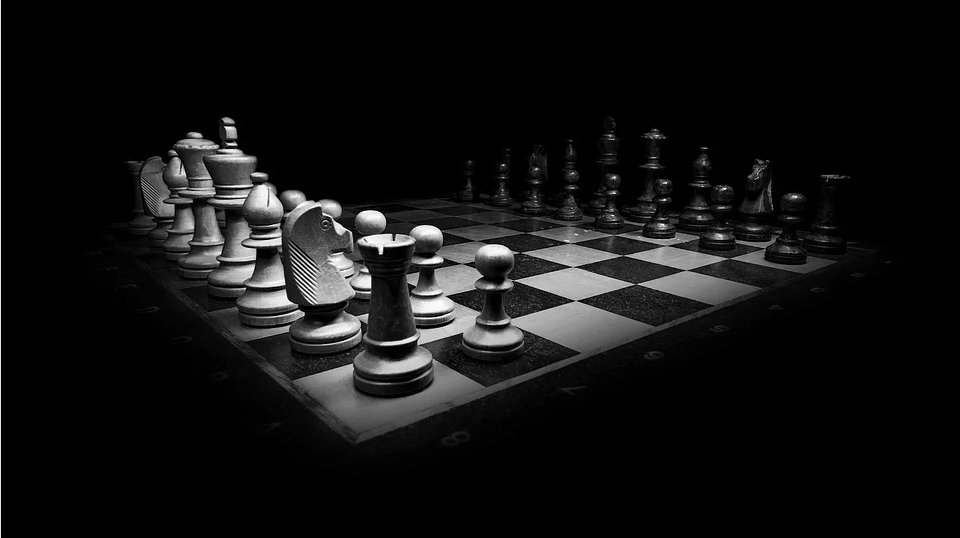In this article we will discuss the most common myths about chess and the intelligence of chess players. Many novice players and a considerable part of average citizens who are far from chess are convinced that they are true. From the text you will find out whether grandmasters really can count a game thirty moves ahead, whether age influences the quality of the game and whether physical preparation is important for successful performance at tournaments.
The older the chess player, the stronger he is
A common misconception based on the assumption that older players have significant experience. A few decades ago such statements were logical. But now, in the age of digital technology, the title of Grandmaster goes to thirteen-year-old boys and girls. Age has ceased to determine the strength of chess players.
The modern reality is that even a ten-year-old child can get an Elo rating of 2200. A young player with such a potential will be stronger than 99% of other chess players in the world. It should not be forgotten that there are seventy-year-old grandmasters. At a certain age, men and women lose the ability to think quickly, and the quality of play gradually decreases. But the fading of the chess skills of established masters becomes noticeable only against the background of their younger colleagues.
For this reason the number of years played should not be regarded as an indicator of strength or weakness of a chess player. The average age of top ten on the FIDE rating list is 30 years, and the world champion title is won by Grandmasters at the age of 24-25.
Grandmaster can calculate everything
Many novice players and chess fans believe that Grandmasters can “see” a game 25-30 moves ahead. This statement is true for simple positions with a limited number of pieces on the board, usually in the endgame. But it should be understood that even the world’s strongest players cannot predict the course of the game in such a distant perspective.
Magnus Carlsen claims that he can see the position 15-20 moves ahead. This can probably be considered the maximum for the depth of human thinking during a chess game. The problem with predicting more moves is the considerable variability of the opponent’s actions. Each move opens up several alternatives for players, but only one of them is implemented in the game.
Chess is only a mental exercise
Most people believe that chess players do not need intensive physical training. The public is surprised that the world’s leading players regularly visit the hall and work on a personal program designed by a certified trainer. The strongest Grandmasters practice strength training, swimming, running and cycling.
Why? The answer to this question was given half a century ago by Bobby Fischer: “A chess player’s body should be in excellent shape. The work of the mind is inseparable from the work of the body. Loss of physical form leads to poorer playing results…”.
Fischer is right: it is impossible to maintain concentration during a long game of chess without proper physical preparation. Lack of concentration will lead to mistakes and loss.
World champions play harder than machines
More than two decades ago, man was no longer the strongest chess player in the world. In 1997, the computer program Deep Blue defeated the reigning world champion Garry Kasparov in a match of several games. Since then, neural networks have only gotten stronger. The best programs can play at the level of 3350 Elo points.
The rating of the world’s best chess player Magnus Carlsen exceeds 2,850 points. A difference of 500 Elo points means that the artificial intelligence can win 95% of the time.
Winning at chess depends on luck
People who have never played chess are convinced that the lucky chess player wins the game. Such statements diminish the role of Grandmasters’ skill, turning them into amateurs of dominoes or “Monopoly”. Luck can play some role only in the games of beginners who are learning the rules of moving pieces and the basics of openings. At a higher level, the influence of chance on the outcome of the game is zero. It is not for nothing they say that only the strongest are lucky.
